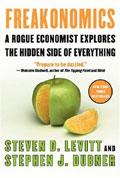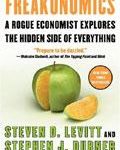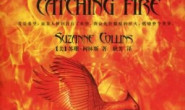
内容简介
Economics is not widely considered to be one of the sexier sciences. The annual Nobel Prize winner in that field never receives as much publicity as his or her compatriots in peace, literature, or physics. But if such slights are based on the notion that economics is dull, or that economists are concerned only with finance itself, Steven D. Levitt will change some minds. In Freakonomics (written with Stephen J. Dubner), Levitt argues that many apparent mysteries of everyday life don’t need to be so mysterious: they could be illuminated and made even more fascinating by asking the right questions and drawing connections. For example, Levitt traces the drop in violent crime rates to a drop in violent criminals and, digging further, to the Roe v. Wade decision that preempted the existence of some people who would be born to poverty and hardship. Elsewhere, by analyzing data gathered from inner-city Chicago drug-dealing gangs, Levitt outlines a corporate structure much like McDonald’s, where the top bosses make great money while scores of underlings make something below minimum wage. And in a section that may alarm or relieve worried parents, Levitt argues that parenting methods don’t really matter much and that a backyard swimming pool is much more dangerous than a gun. These enlightening chapters are separated by effusive passages from Dubner’s 2003 profile of Levitt in The New York Times Magazine, which led to the book being written. In a book filled with bold logic, such back-patting veers Freakonomics, however briefly, away from what Levitt actually has to say. Although maybe there’s a good economic reason for that too, and we’re just not getting it yet. –John Moe
史蒂芬·列维特,1994年在麻省理工大学取得经济学博士学位。1997年进入芝加哥大学执教短短两年时间列维特就成为芝加哥大学经济学院终身教授。2002年列维特被选为美国科学院经济学部委员。列维特还担任《政治经济学杂志》(JPE)的编辑和《经济学季刊》(OJE)的编辑。
史蒂芬·都伯纳,《纽约时报》和《纽约客》长期撰稿人,著有畅销书《骚动的灵魂》和《一个英雄崇拜者的自白》。








